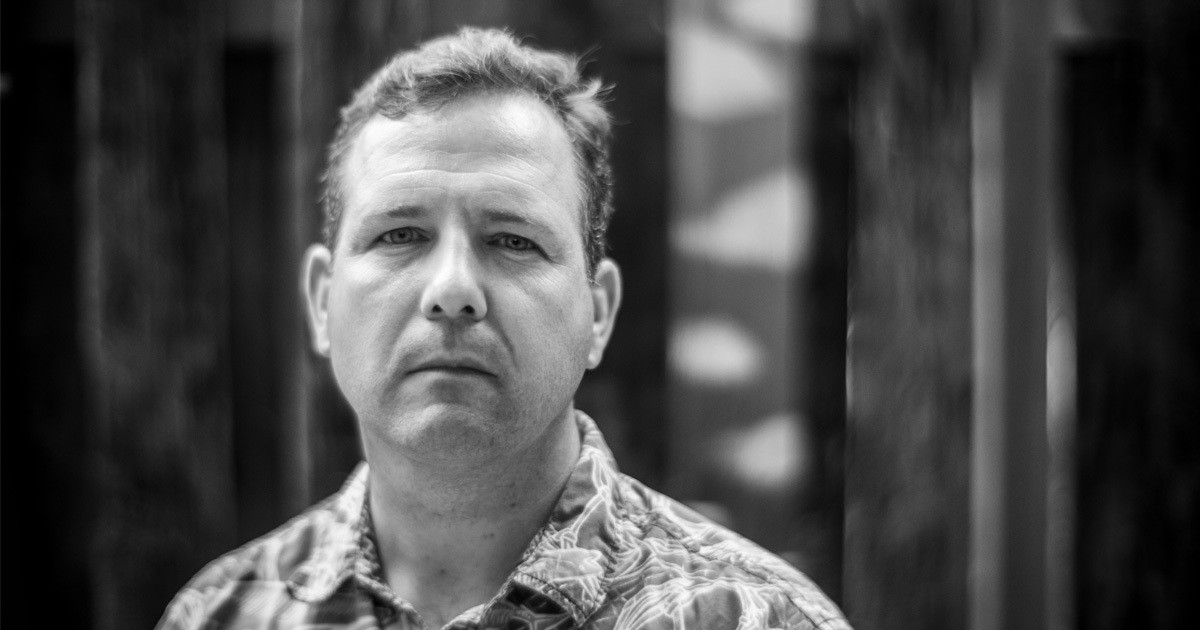daftandbarmy
Army.ca Dinosaur
- Reaction score
- 33,826
- Points
- 1,160
A familiar theme in civvie street too...
More than half of the Army's senior officers are turning down opportunities to command, choosing instead the stability of staff roles over the high-stakes demands of leadership, or retiring, according to internal service data.
The Battalion Command Assessment Program, or BCAP, a cornerstone of the Army's effort to evaluate leadership readiness, assesses 800 to 1,000 lieutenant colonels annually through interviews, psychological tests and physical fitness evaluations.
Historically, 85% of those participants have been deemed fit for command. Yet this year, 54% of eligible officers voluntarily chose not to participate -- a significant uptick from the 40% average opt-out rate seen since 2019.
"The predominant reasons were personal and family circumstances, such as retirement eligibility and family stabilization," Maj. Heba Bullock, an Army spokesperson, told Military.com in a statement.
The rank of lieutenant colonel carries unique prestige, offering officers the chance to command units of roughly 1,000 troops and to play pivotal roles in Pentagon plans for preparing forces for war. The position sits at the intersection of the Defense Department's big picture and the daily life of rank-and-file troops.
But while a command position is extremely high-profile, it also comes with endless work hours.
 www-military-com.cdn.ampproject.org
www-military-com.cdn.ampproject.org
More than Half of Senior Army Officers Are Turning Down Command Consideration
More than half of the Army's senior officers are turning down opportunities to command, choosing instead the stability of staff roles over the high-stakes demands of leadership, or retiring, according to internal service data.
The Battalion Command Assessment Program, or BCAP, a cornerstone of the Army's effort to evaluate leadership readiness, assesses 800 to 1,000 lieutenant colonels annually through interviews, psychological tests and physical fitness evaluations.
Historically, 85% of those participants have been deemed fit for command. Yet this year, 54% of eligible officers voluntarily chose not to participate -- a significant uptick from the 40% average opt-out rate seen since 2019.
"The predominant reasons were personal and family circumstances, such as retirement eligibility and family stabilization," Maj. Heba Bullock, an Army spokesperson, told Military.com in a statement.
The rank of lieutenant colonel carries unique prestige, offering officers the chance to command units of roughly 1,000 troops and to play pivotal roles in Pentagon plans for preparing forces for war. The position sits at the intersection of the Defense Department's big picture and the daily life of rank-and-file troops.
But while a command position is extremely high-profile, it also comes with endless work hours.


